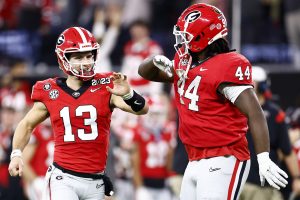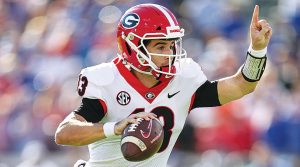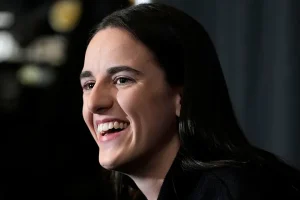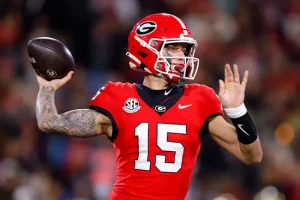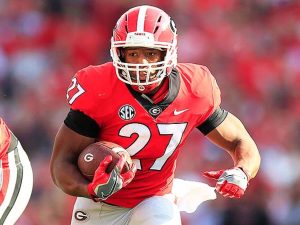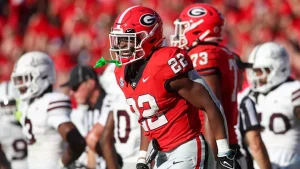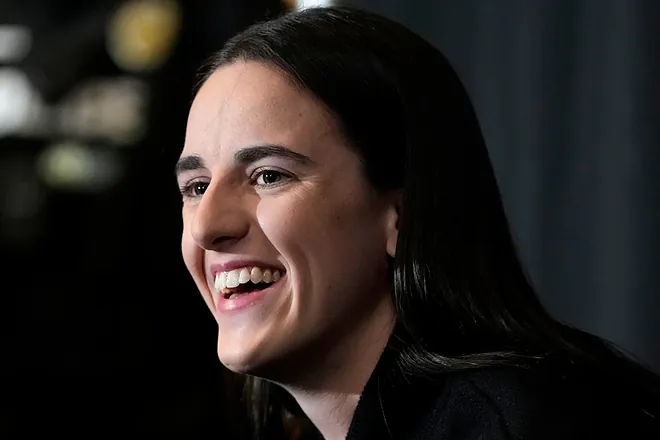
The Indiana Fever Support Caitlin Clark’s Decision to Turn Down a Sports Deal
Caitlin Clark, one of the most electrifying college basketball players in recent history, has made headlines once again. This time, however, it is not for her record-breaking performances or highlight-reel three-pointers, but for her decision to turn down a major sports deal. The Indiana Fever, the WNBA team widely expected to select Clark in the upcoming draft, has voiced their full support for her choice, reinforcing their commitment to player autonomy and long-term success. This decision has ignited discussions about athlete empowerment, financial independence, and the evolving landscape of professional women’s basketball.
Clark’s Rise to Stardom
Caitlin Clark has been a dominant force in college basketball, captivating audiences with her unparalleled shooting ability, court vision, and leadership. The Iowa Hawkeyes guard has shattered records and drawn national attention, making her one of the most marketable athletes in the sport. As the WNBA Draft approaches, many analysts project that she will be the No. 1 overall pick, likely landing with the Indiana Fever.
Given her rising stardom, it was no surprise that major sports brands and endorsements have come knocking on her door. However, what did come as a shock to many was her decision to turn down a lucrative sports deal. While the specifics of the deal remain undisclosed, it is widely believed that it would have been one of the largest sponsorship contracts ever offered to a women’s basketball player at this stage of her career.
Why Caitlin Clark Declined the Deal
Clark’s decision to reject the offer was driven by multiple factors. According to sources close to her, she prioritized long-term career stability and maintaining control over her personal brand. In an era where athletes are increasingly seeking independence and strategic partnerships, Clark’s move signals a shift away from the traditional endorsement model.
Another crucial factor in her decision was alignment with her values and goals. Clark has been vocal about wanting to inspire young athletes and grow the game of women’s basketball. While financial gain is important, she reportedly wants to work with brands that align with her vision for the sport’s future rather than simply taking the highest offer available.
Additionally, Clark has already secured several Name, Image, and Likeness (NIL) deals during her college career, which has provided her with financial flexibility. This financial security allowed her to be selective about which corporate partnerships she chooses moving forward.
Indiana Fever’s Unwavering Support
The Indiana Fever’s response to Clark’s decision has been overwhelmingly positive. The organization has emphasized its support for player autonomy and decision-making, recognizing that today’s athletes have more power and influence than ever before.
In a statement, Fever executives commended Clark for making a decision based on her long-term interests rather than short-term financial gain. “Caitlin Clark is an exceptional talent, and we respect her decision to take control of her future. As an organization, we fully support her choice and believe in her ability to make the best decisions for her career.”
Head coach Christie Sides also echoed this sentiment, stating, “Athletes today are more than just players; they are brands, leaders, and role models. We stand behind Caitlin and admire her thoughtfulness in navigating her future.”
The Fever’s support sends a strong message about their commitment to fostering a culture that prioritizes the well-being of their players. It also demonstrates their understanding of the modern sports business landscape, where athletes have more control over their careers than ever before.
The Broader Implications for Women’s Sports
Clark’s decision to turn down a major sports deal has sparked broader conversations about the evolving dynamics of women’s sports. Historically, female athletes have faced significant financial disparities compared to their male counterparts. The WNBA, despite its growth, still offers relatively modest salaries compared to the NBA, making endorsements a crucial source of income for many players.
However, the emergence of NIL deals has changed the game. College athletes like Clark now have the opportunity to earn significant income before even turning professional. This newfound financial independence allows players to make more deliberate career decisions without feeling pressured to accept every endorsement opportunity that comes their way.
Additionally, Clark’s decision highlights the growing power of athletes in shaping their own narratives. In the past, sponsorship deals were often seen as the ultimate validation of an athlete’s marketability. However, today’s players are recognizing that true power lies in choosing partnerships that align with their values and long-term vision.
Athlete Empowerment and Brand Independence
Clark’s move is part of a broader trend of athlete empowerment, where players across all sports are taking more control over their brand and career trajectory. LeBron James, Serena Williams, and Naomi Osaka are just a few examples of athletes who have prioritized strategic partnerships over immediate financial gain.
By turning down a sports deal, Clark is setting a precedent for young athletes to think critically about their business decisions. She is showing that athletes, particularly female athletes, do not need to accept every endorsement that comes their way but can instead build a brand that is authentic and sustainable.
This shift is particularly significant in women’s sports, where players have historically had fewer financial opportunities than their male counterparts. Clark’s decision underscores the importance of making choices that align with personal values rather than societal expectations.
The Future of Clark and the Indiana Fever
Looking ahead, Caitlin Clark’s future with the Indiana Fever appears bright. If drafted by the team, she will join a young core that includes Aliyah Boston, last year’s No. 1 overall pick and reigning WNBA Rookie of the Year. The duo has the potential to revitalize the Fever franchise and make them a contender in the coming years.
From a business perspective, Clark’s marketability remains sky-high. By being selective with her endorsements, she is likely to attract even more high-profile brands that align with her vision. Rather than rushing into deals, she has positioned herself as an athlete who values integrity and long-term growth over quick financial gain.
Moreover, the Fever’s unwavering support demonstrates their commitment to fostering an environment where players feel empowered to make their own decisions. This player-first approach could make the Fever an attractive destination for other top-tier talent in the future.
Caitlin Clark’s decision to decline a major sports deal is a testament to her maturity, foresight, and confidence in her own brand. The Indiana Fever’s public support of her choice reinforces their commitment to player empowerment and long-term success. In an era where athletes have more control over their careers than ever before, Clark’s move sets a powerful example for future generations.
As she transitions to the professional ranks, all eyes will be on Clark to see how she continues to navigate her career both on and off the court. One thing is certain: with her talent, determination, and strategic mindset, she is poised to leave a lasting impact on the game of basketball and beyond.
